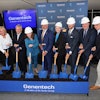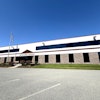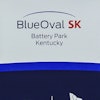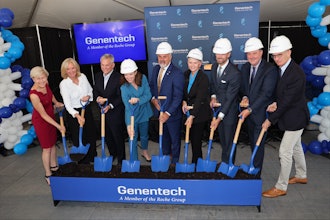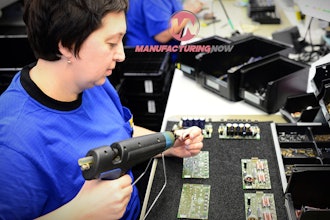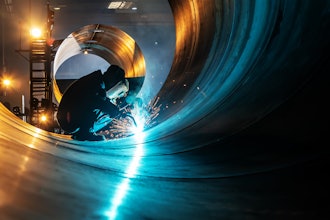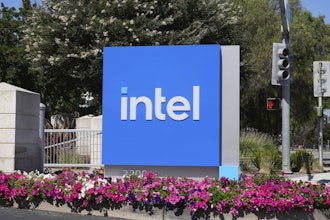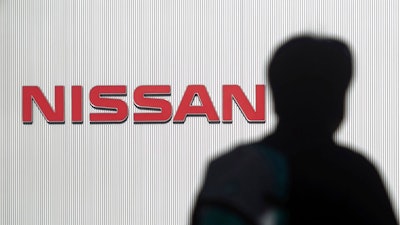
TOKYO (AP) — Nissan, the Japanese automaker under scrutiny after its former chairman Carlos Ghosn was arrested on suspicion of financial misconduct, is recalling 150,000 vehicles spanning 11 models in Japan for dubious inspections for brakes and steering.
Nissan Motor Co. Corporate Vice President Seiji Honda told reporters Friday that a recall will be issued next week, and measures will be taken to prevent a recurrence.
Ghosn is in detention after being arrested Nov. 19 on suspicion of underreporting his income.
The latest recall comes on top of earlier recalls over faulty testing, which had resulted in more than 1.1 million vehicles sold in Japan being recalled for proper inspections.
The dubious practice did not result in quality or safety problems because they were the final step before the vehicles were shipped out, according to Nissan. The erroneous testing does not affect exports.
The series of recalls is a serious embarrassment for the maker of the Leaf electric car, March subcompact and Infiniti luxury models, already reeling from Ghosn's arrest. Ghosn had led a turnaround at Nissan, fostering an alliance with Renault SA of France. A star at Nissan for two decades, he was well known for drastic cost cuts.
Nissan said earlier this year that it had altered the results of exhaust emissions and fuel economy tests of new vehicles sold in Japan. Last year, it said it had been carrying out illegal post-production tests at its plants, allowing those who weren't qualified to routinely conduct tests.
Honda denied that pressure from Ghosn to slash costs led inspectors to cut corners.
"They were doing what they should do, too, but they were also doing what they shouldn't have done," he told reporters.
Honda said the company had set standards for brakes and steering, but the employees carried out the tests with other brakes on or the steering already partly enabled to help the vehicles meet such standards more easily.
Other faulty tests included those for the speedometers and affected vehicles produced at two plants, in Oppama and Kyoto, according to Nissan.
Models affected include the March, Leaf and Juke crossover, as well as models provided to and sold under the Isuzu Motors and Mitsubishi Fuso Truck and Bus Corp. brands, it said.
What's disturbing is that the incorrect tests had been routine for decades, beginning as early as 1979, and plant workers were aware the practice was illegal and covered it up when government officials visited plants.
Nissan has repeatedly promised to come clean and beef up corporate governance. Honda said all the tests weren't done wrong and not all the employees were doing bad tests, but many workers likely wanted to cut costs.
"It had become almost a habit," he said. "It is a fact our training was not thorough enough."

